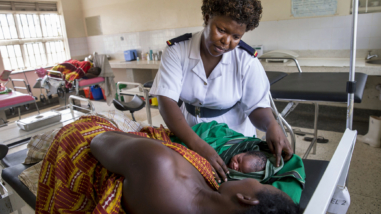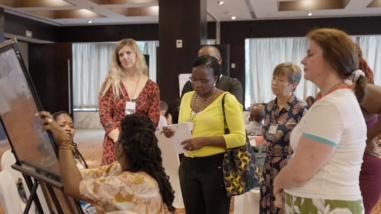United Nations Development Programme
For Support Of Consultation Efforts On The Post-2015 Development Agenda
-
Amount$300,000
-
Program
-
Date Awarded2/2/2013
-
Term3 Months
-
Type of SupportProject
About the Grantee
Grantee Website
www.undp.org


